The French politician discussed the government crisis in his home country, Emmanuel Macron’s responsibility, the political will of the European people, and the objectives of the National Rally party. Previously, we interviewed Anders Vistisen from Denmark regarding the Patriots for Europe group.
– What's the significance of the Patriots for Europe meeting in Budapest?
– The Budapest venue underscores how much importance we attach to this gathering and the close friendship we share with our Hungarian allies. Our discussions were especially productive, and our meetings with Prime Minister Viktor Orban and various Hungarian political figures were both enriching and enjoyable.
– How can Europe be steered in a different direction, and what role does Viktor Orban play in this, at the EU level?
– Election after election, European citizens have been expressing their desire for a new model - one that is closer to their everyday concerns, less centralized, less complex and prescriptive, and more respectful of diverse identities. They want a Europe focused on our civilization, a Europe built on inter-nation cooperation that protects against mass immigration and unfair competition.
– What do you think of Emmanuel Macron’s responsibility in France’s current political crisis?
– Emmanuel Macron has long stopped listening to the French people. He has become entirely disconnected from reality and stubbornly clings to a failed globalist, European model. He bears significant responsibility for France’s current economic, financial, social, and security crises.
– What could be the consequences of France’s economic problems?
– The impoverishment of the population, the deindustrialization of the economy, the weakening of public safety, and the accumulation of taxes not only deter potential foreign investors but also drive many French entrepreneurs to leave the country or relocate their businesses. This crisis affects every sector.
France has never been in such an alarming situation.
– Macron claimed that he's committed to forming a government involving all political forces. The National Rally has tried to prevent the government crisis by preparing an alternative budget, making proposals, and offering compromises. In such circumstances, do you see a chance for genuine cooperation, regardless of who becomes the next prime minister? Is it possible to identify a "compromise candidate" capable of resolving conflicts?

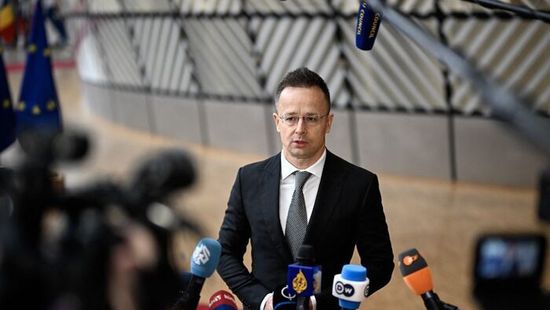
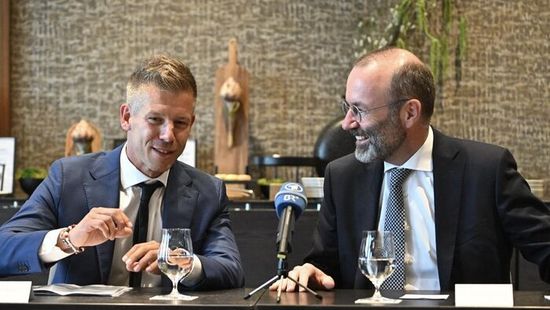
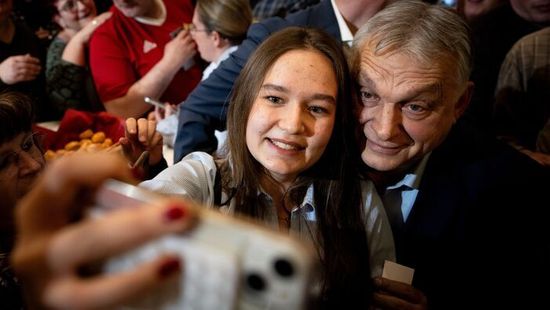
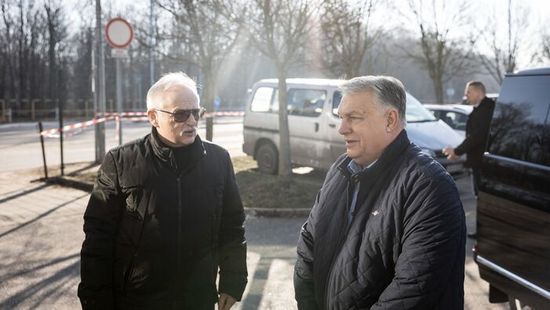

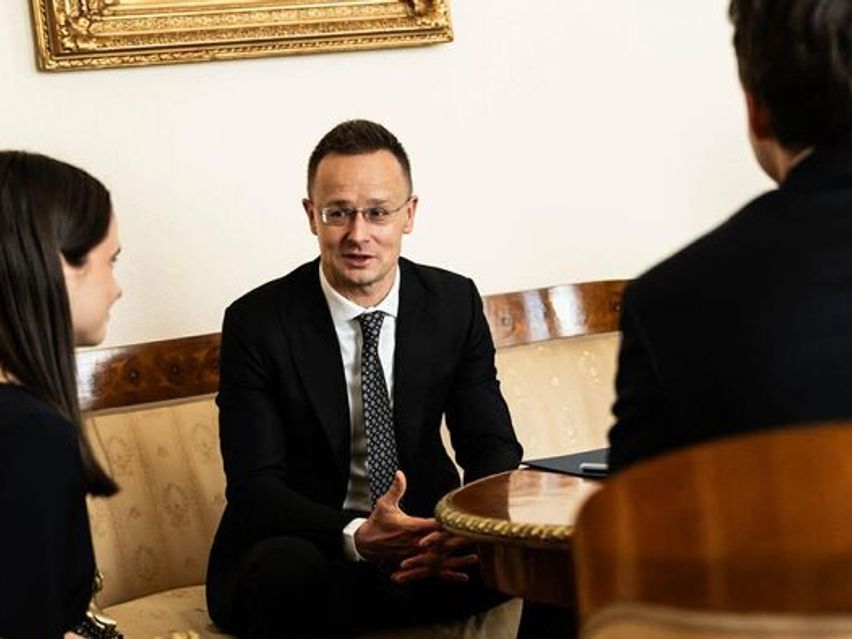
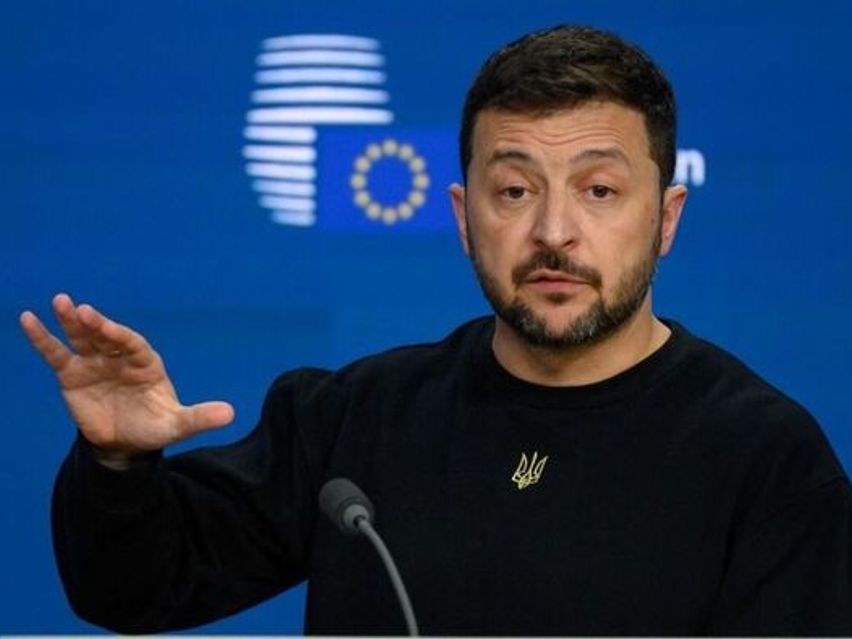
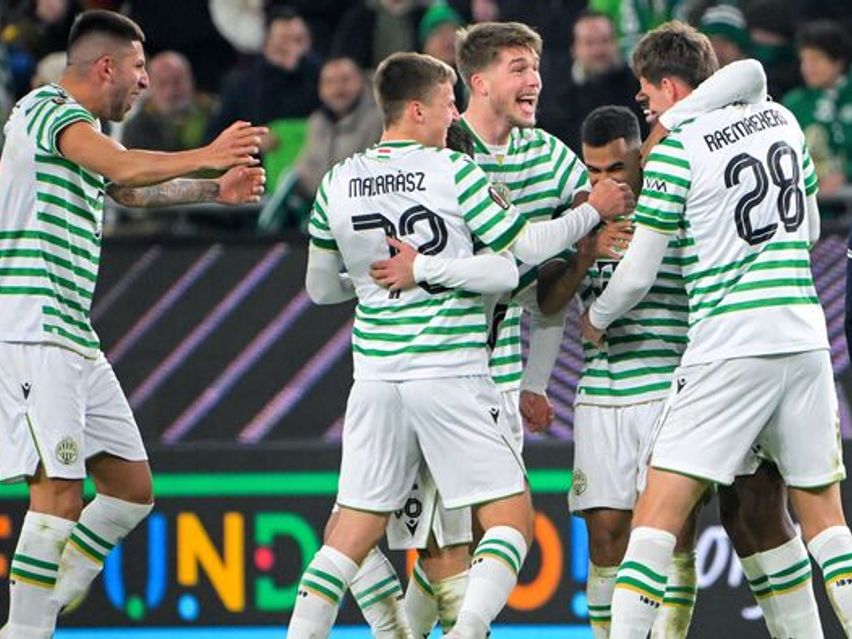
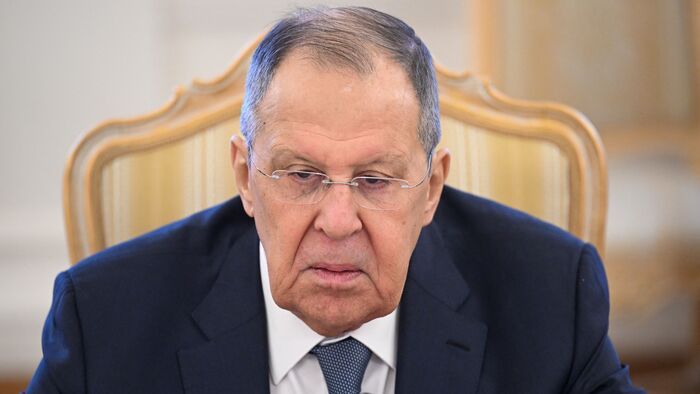

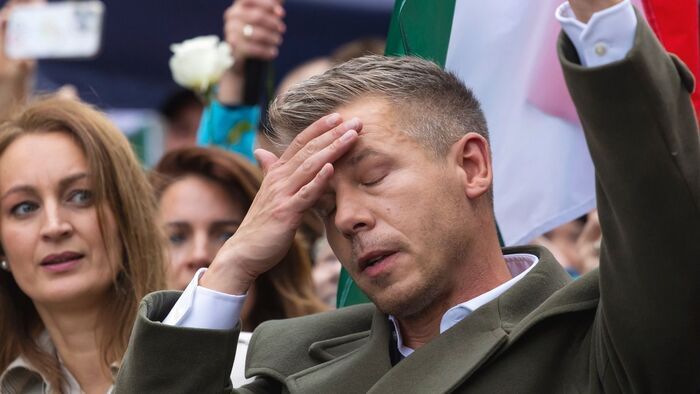
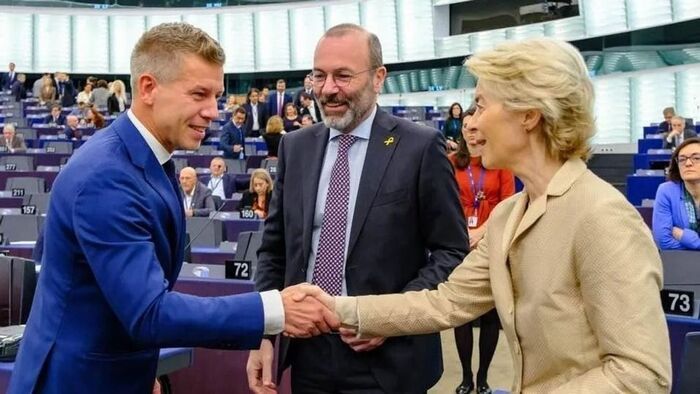
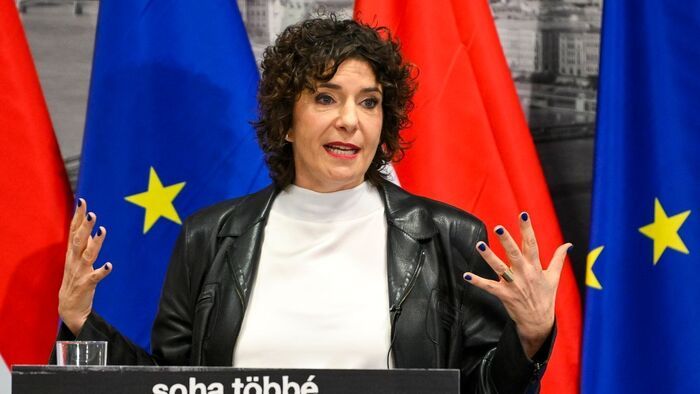
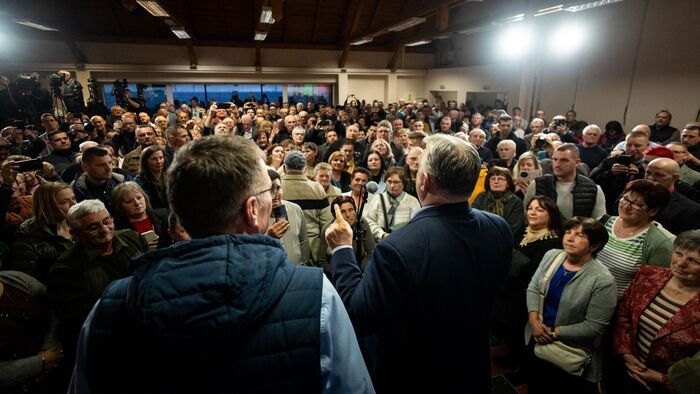
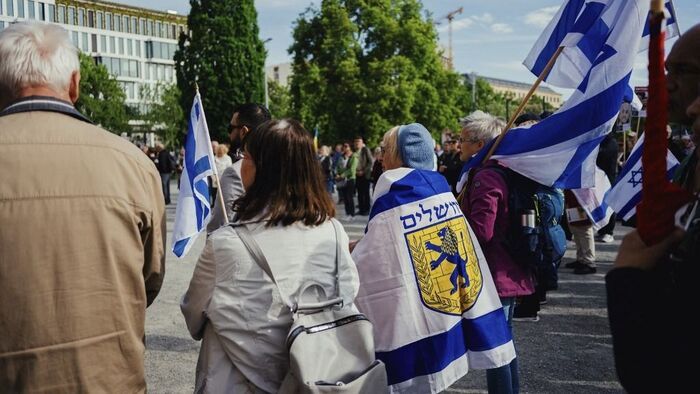
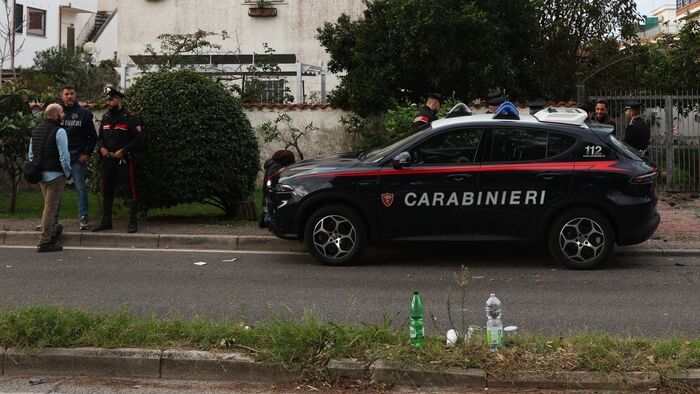
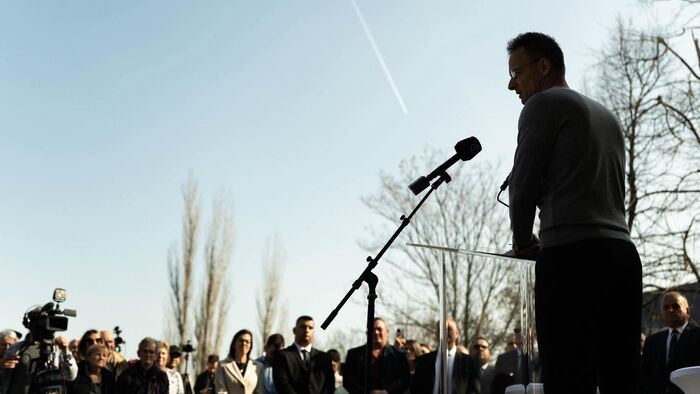

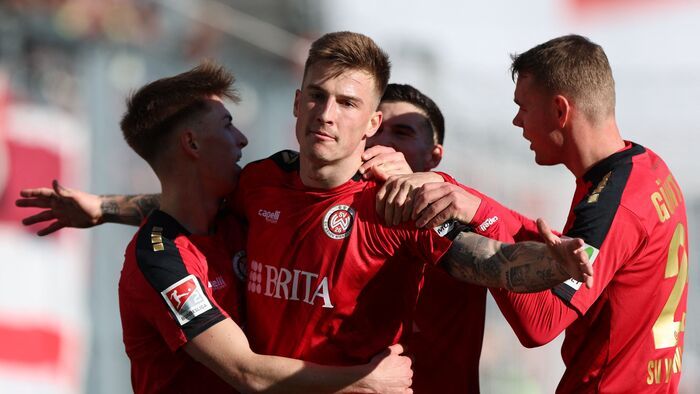
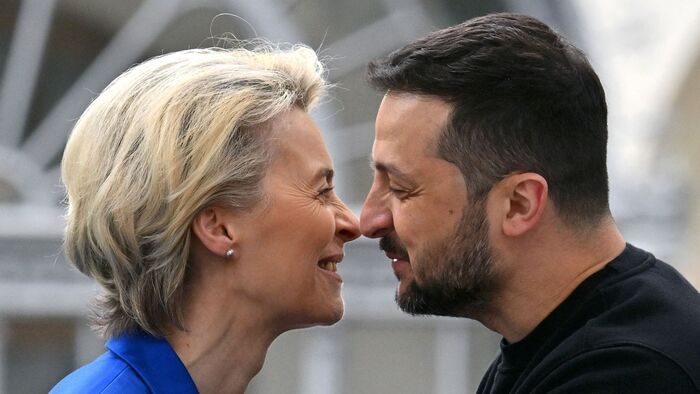
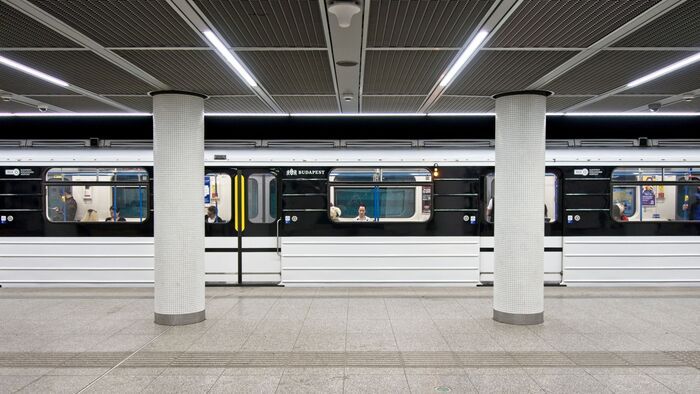

Szóljon hozzá!
Jelenleg csak a hozzászólások egy kis részét látja. Hozzászóláshoz és a további kommentek megtekintéséhez lépjen be, vagy regisztráljon!